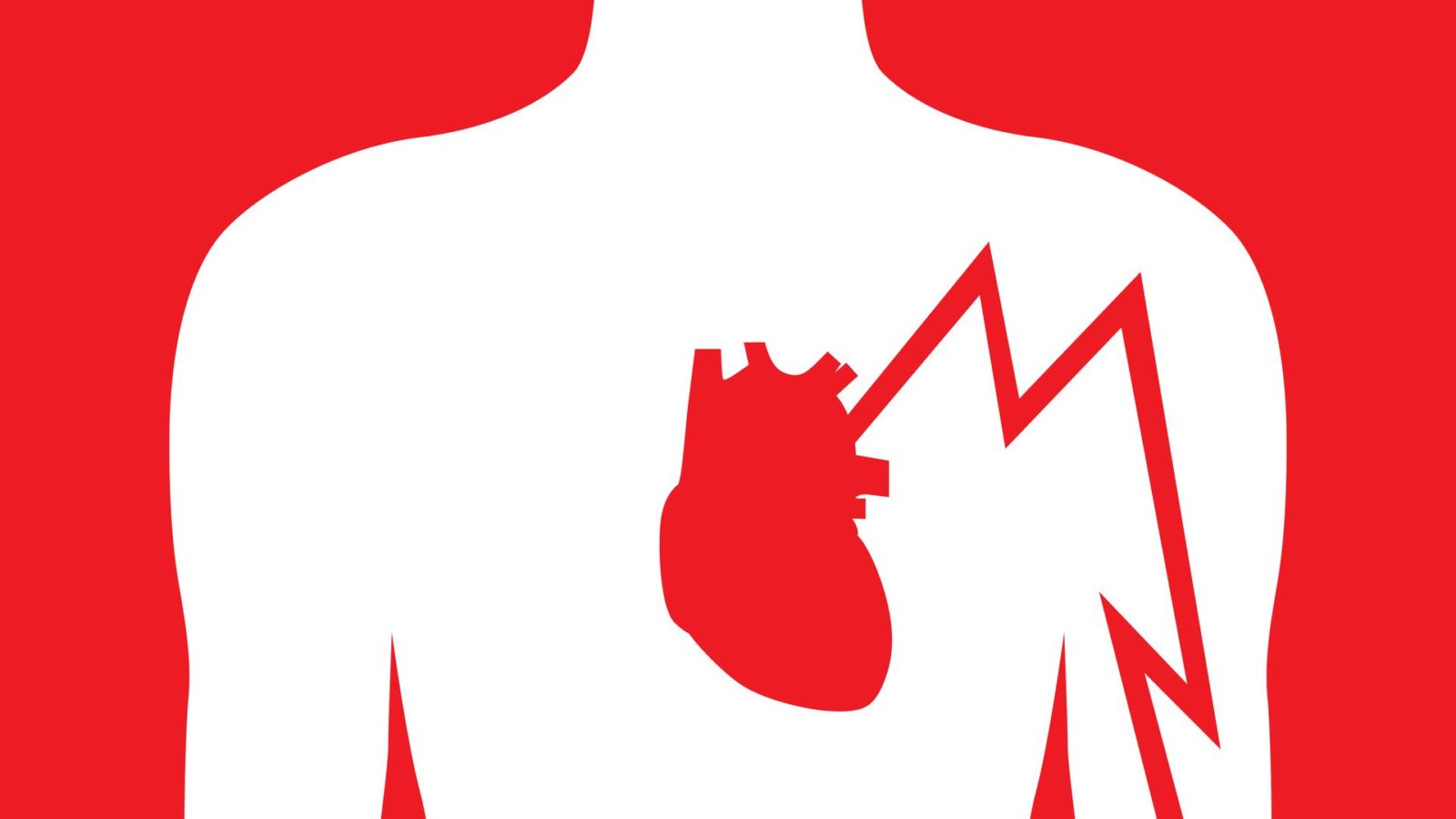According to a report by Gallup Pakistan, the most number of premature deaths in Pakistan are caused by heart diseases. In the period between 2007 and 2017, ischemic heart diseases have caused 27.4 percent of the total premature mortalities in the country.
Such hard statistics show that a person in your surrounding experiencing a heart attack is not a very wild idea and is actually quite possible if you are living in Pakistan. While heart attacks require immediate medical treatment and admission at the hospital, there are some basics that every citizen must know. If you are well-informed about the symptoms and take certain smart measures in time, a life can be saved.
In this article, we are giving a brief synopsis of the first aid protocol for a heart attack.
Symptoms
A heart attack has some specific symptoms but a panic attack also has these very symptoms. A heart attack is usually accompanied by chest pain which goes all the way up into the left arm. A person going through a heart attack can feel breathless and may even experience nausea. There is also a chance of heavy sweating along with lightheadedness, nausea and fainting.
Another important issue is of difference between angina and heart attack. According to Dr. Suleman Khan, a leading cardiologist in Lahore, “Angina is the chest pain or discomfort when your heart muscle does not receive enough oxygen-rich blood. Though angina requires equally careful and immediate treatment, its pain is not as severe as that of a heart attack.”
Moreover, you need to remember that a heart attack generally causes chest pain for around 15 minutes or more and at times can have no symptoms at all. Therefore, it is important to be aware of the symptoms other than chest pain – like indigestion or constant pain in jaw or neck.
Here is what you should do when someone is having a heart attack.
- Call the Emergency Services
The first thing that you should do when someone is having a heart attack is to call your local emergency services. In Pakistan, the local emergency number is 1122 and it is pretty efficient. You should thus make a quick call from your landline number to 1122 and should state your emergency and address very clearly.
- Use Aspirin
Any emergency service is bound to take at least ten minutes before it reaches the impacted person. It is thus advisable to instantly chew and swallow an aspirin while you are waiting for the ambulance. You should however be careful that the patient is not allergic to aspirin or it could make matters worse.
- Administer CPR
If the person who is experiencing a heart attack becomes unconscious, it is important to administer CPR. CPR is a technical task and requires training. If you do not have a basic CPR training, you should call up the emergency portal and ask an expert to walk you through CPR. If somehow you are not able to get an expert on the phone, you should only administer chest compressions at around 120 beats per minute.
Heart attack is a medical emergency and the patient must immediately be rushed to an appropriate healthcare facility. The purpose of sharing these tips is to ensure that we, as citizens, are aware of the first-aid and could minimize the risk.






















اللہ ھر ایک کو صحت تندرستی اور شفا دے، آمین۔
1122 is only in Punjab if I am correct. Edhi 115 is everywhere. Please correct this if I am wrong so that everyone can benefit.
1122 are very far